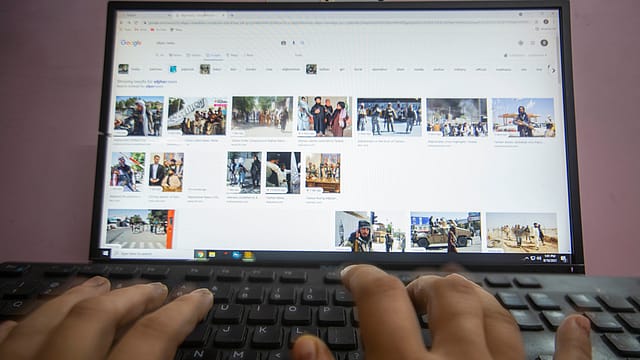Huge new wave of Internet users coming
ADVERTISEMENT

A silent but massive transformation across India is underway. Last December, the Prime Minister’s Wi-Fi Access Network Interface (PM-WANI) scheme was rolled out to increase the 31,000 public Wi-Fi hotspots in India to 20 lakhs by the end of 2021. The goal is to create a “huge new wave of internet users” ready to leverage technologies like the Internet of Things (IoT) and Artificial Intelligence (AI) for not only entertainment and commerce but also to upskill themselves to attain better jobs. Entrepreneurs will leverage it to create more powerful organisations with larger and better-paying jobs. PM-WANI will connect users to digital services, fuel economic development, provide access to new job opportunities, and change how India learns and works.
One recent estimate suggests that the proliferation of just IoT and AI will create 31 lakh additional new jobs in rural India within the agricultural and healthcare sectors and result in the upskilling of another 4 lakh professionals by 2025. Other Industry 4.0 technologies—such as Automation, Augmented Reality and Virtual Reality—have the potential to create tens of lakhs of additional jobs. The World Economic Forum (WEF) predicts that combining physical and digital will unlock new growth opportunities and suggests that consumption in rural India will grow 4.5 times (compared to 3.5 times in urban India) in the next ten years.
The memo is precise: Digital technologies will transform India. But before that happens, they will change the nature of jobs. India’s artisanal weavers are already selling their kalamkari block prints through online platforms. Farmers are selling grains and nuts directly to wholesalers through digital Agri markets, but they can now go a step further using digital tools that are becoming available to them. For example, a small business in rural settings could learn bookkeeping, access broader market information, and communicate directly with buyers to improve sales and margins. It could gain access to finance when required, helping expand operations—leading to additional employment. Others could learn to use digital systems to improve productivity, reduce material waste, service customers, and leverage digital payments to bring down transaction costs.
In urban India, too, smart cities will herald widespread change. These cities will adopt AI for disaster and crowd management, Big Data to guide energy distribution, scanners and sensors for crime prevention, automation for waste removal, etc. Technologies alone will not make smart cities a reality. New jobs and skilled people to fill those jobs will emerge to make them smart. Traditional jobs such as loan disbursal executives and traffic wardens will experience displacement, but options will arise to re-skill to gain new opportunities unlocked by digital. Governments are also promoting advanced technologies, like IoT and AI, for entrepreneurship development through their policies. This is also resulting in an acceleration of roles that need digital skills.
Whether it is a villager trying to sell jute bags or an army commander countering drone attacks, a handle on digital technologies is becoming the bedrock of success. Digital has pushed the reset button on employment.
The doors have opened on a massive opportunity to develop the digital skills that will be in demand. But despite the enthusiasm for re-skilling and up-skilling, every organisation that has attempted it knows how difficult it is. The reasons for the failure point to the best practices that must be adopted so the digital opportunity is not lost.
There are three critical aspects to delivering successful skilling programs. Firstly, the infrastructure to deliver the programs in a blended format of digital and in-person—combined with making experiential, peer, and team learning—along with coaching/mentoring as the primary knowledge transfer tool.
Secondly, the program personalization to ensure that students can learn at their own pace, using tools they can access for education, testing, and support. Lastly, student-level data analytics at the minutest level of student engagement to provide students, faculty, and ecosystem players real-time insights and enable personalization.
Using the premise that a program for digital skill acquisition must be realistic/mimic real-life learning processes and should factor the time and resources availability of a student, the Wadhwani Foundation has created a type of “skilling hub.” This skilling hub delivers job counselling (pre-skilling), skilling, and placement/progression (post-skilling) support. The skilling interventions include the 21st-century core employability skills—critical thinking, problem-solving, customer centricity, teamwork, etc.—and sectoral skills in high-demand job areas such as retail, healthcare, IT, and hospitality. The goal is to provide industry-focused, employment-oriented skilling—which includes digital skilling—at scale.
The most fundamental requirement today is the ability to handle information online and leverage it using digital tools. The next step is to communicate and transact using digital channels and then use digital for higher-level problem solving and innovation. There is an urgent need for local administrations and private businesses to invest in digital skilling hubs so the emerging opportunities around IoT, AI, and other Industry 4.0 technologies are not lost.
Views are personal. The author is President and CEO, Wadhwani Foundation.